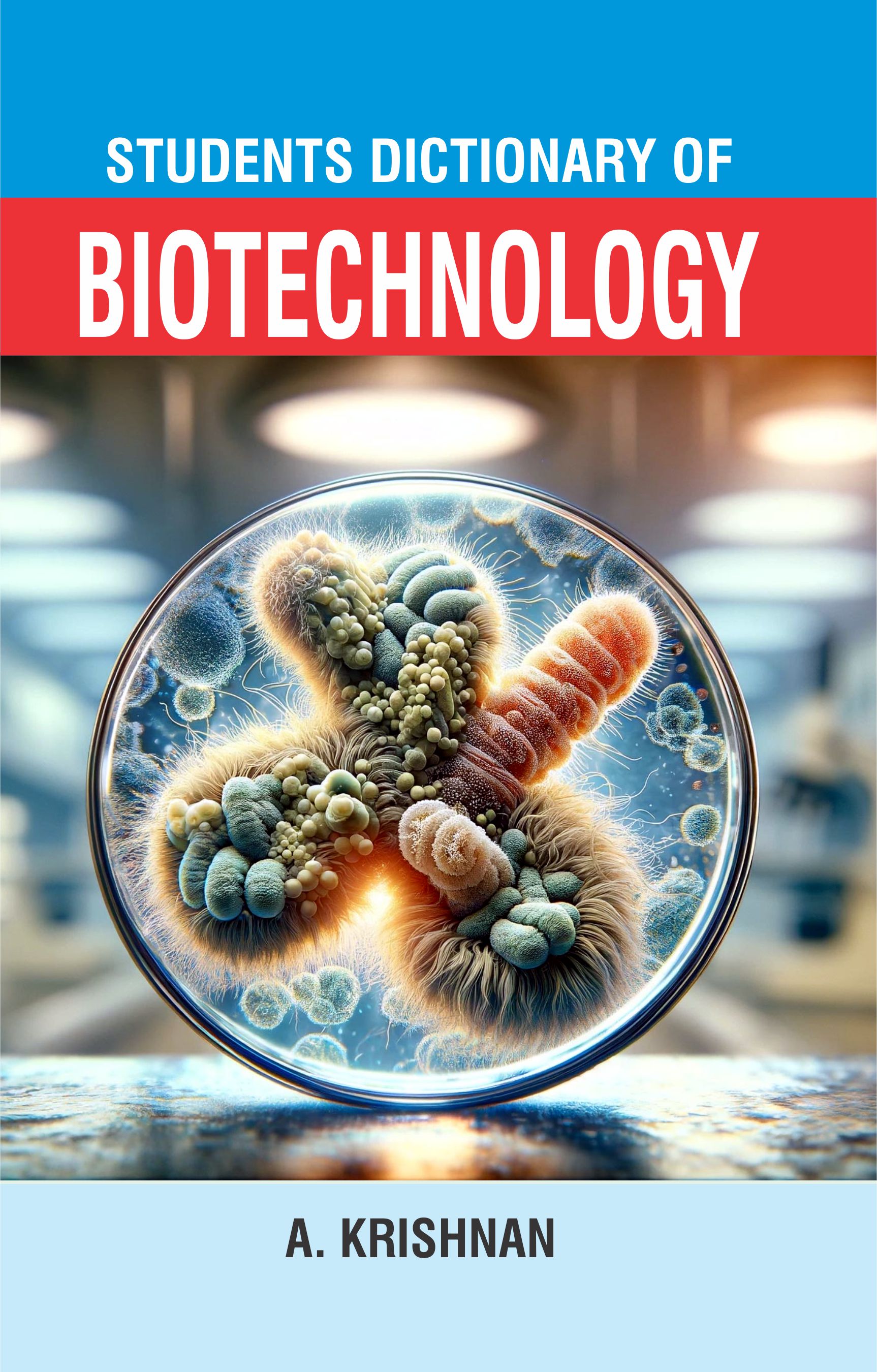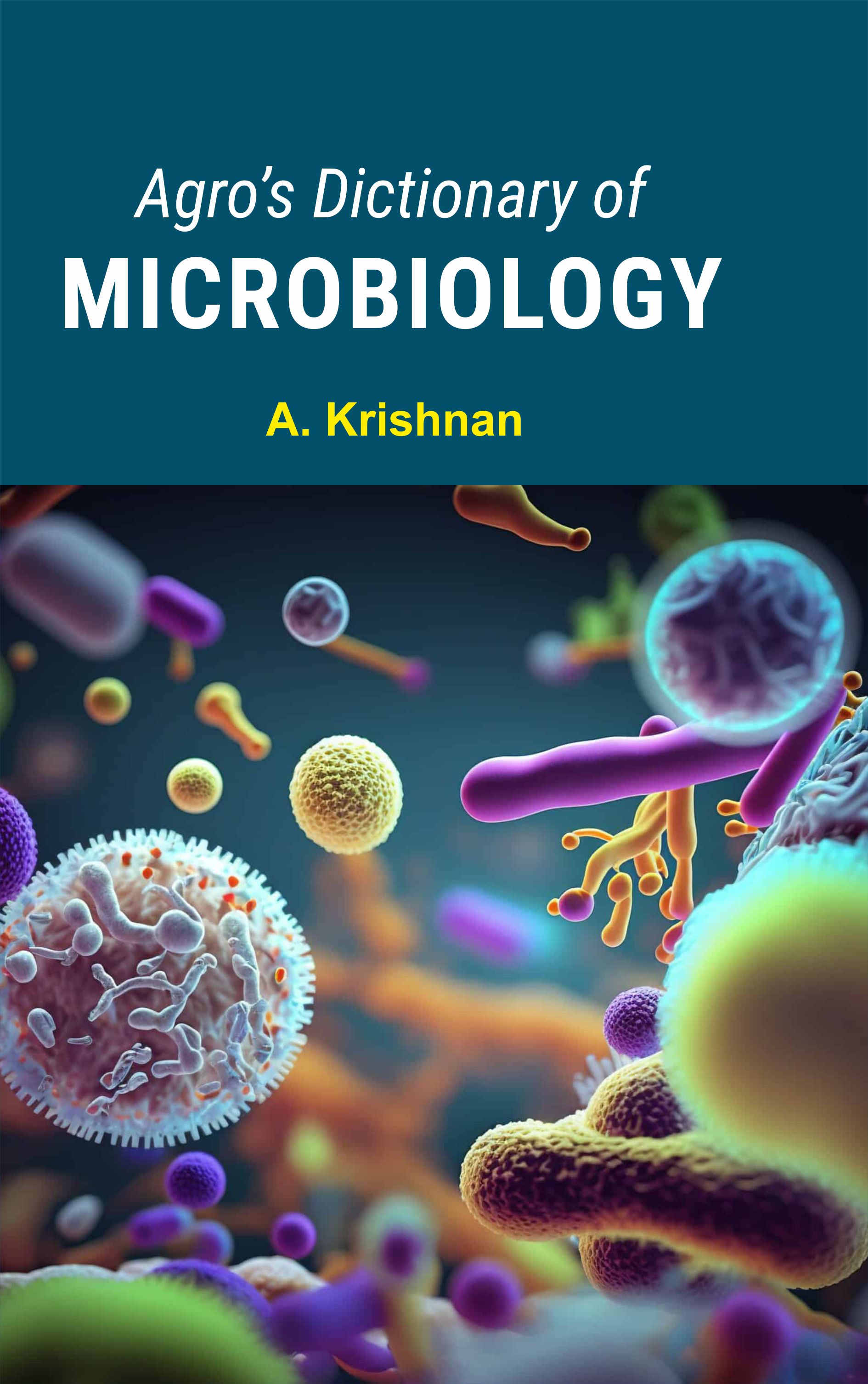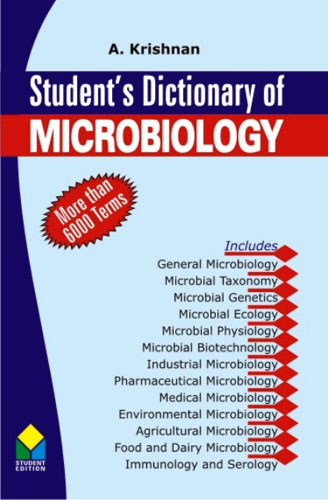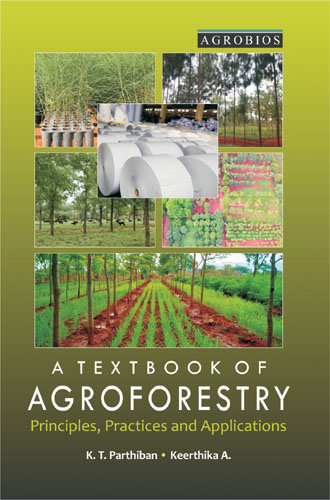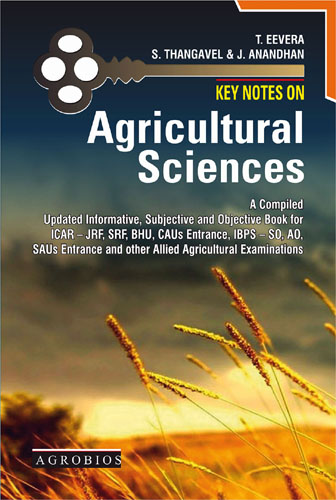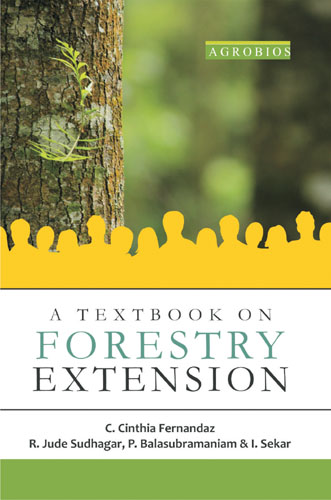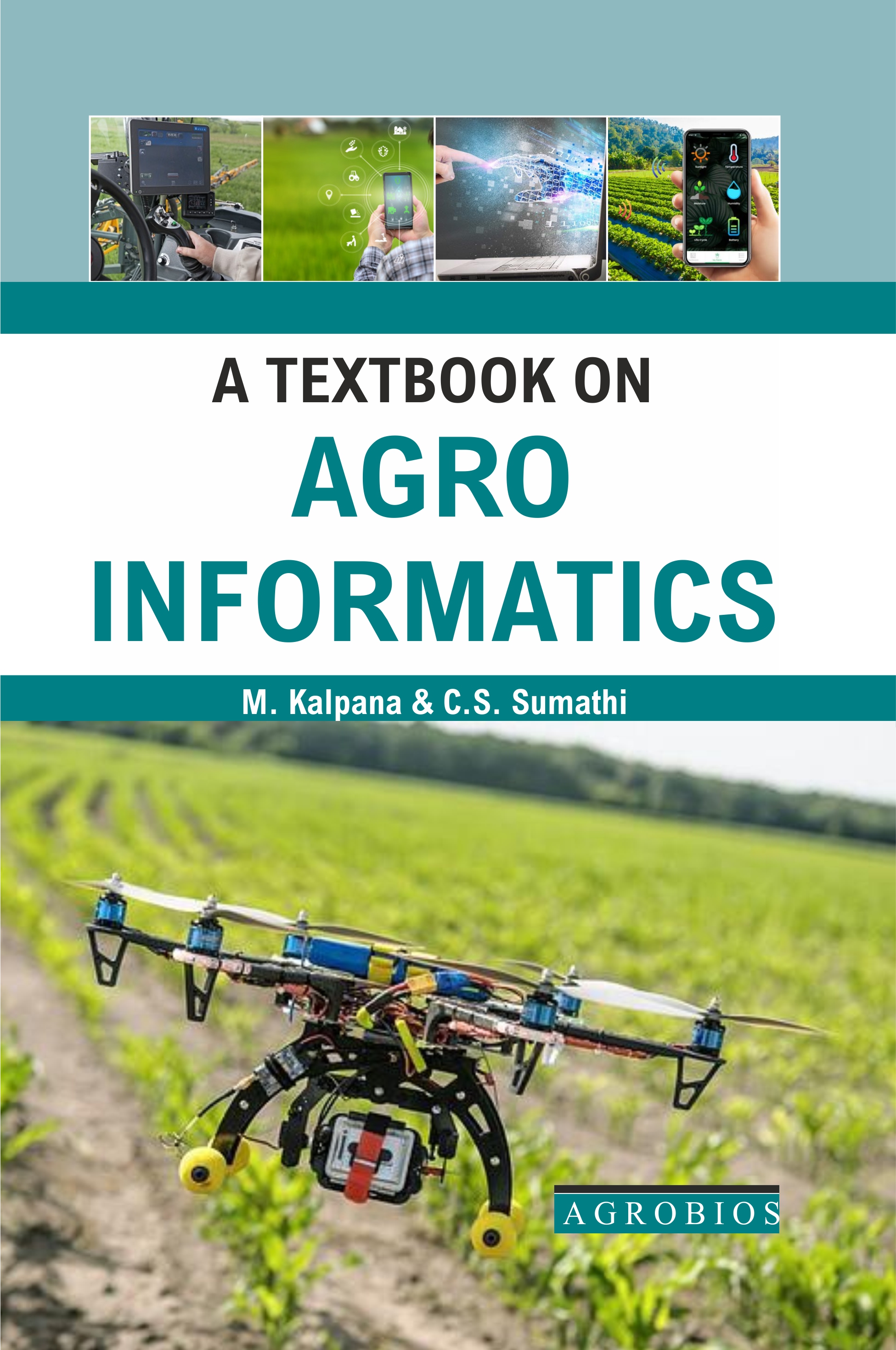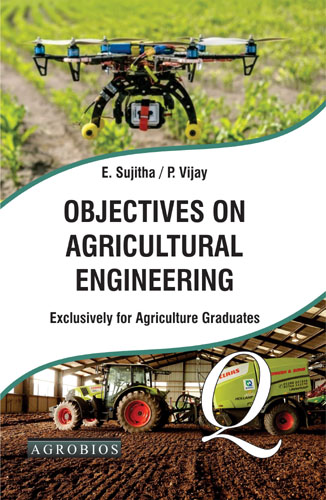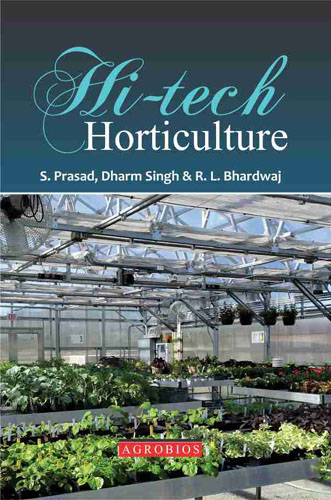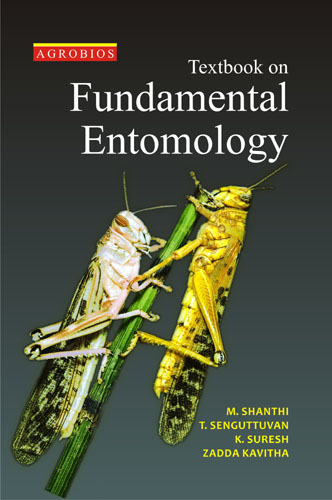Students Dictionary Of Biotechnology
Biotechnology is the manipulation of biological organisms to make products that benefit human beings. Biotechnology contributes to such diverse areas as food production, waste disposal, mining, and medicine. Modern achievements include the transferal of a specific gene from one organism to another (by means of a set of genetic engineering techniques known as transgenics); the maintenance and growth of genetically uniform plant and animal-cell cultures, called clones; and the fusing of different types of cells to produce beneficial medical products such as monoclonal antibodies, which are designed to attack a specific type of foreign substance. Biotechnology contributes to such diverse areas as food production, waste disposal, mining, and medicine. Although biotechnology has existed since ancient times, some of its most dramatic advances have come in more recent years. Modern achievements include the transferal of a specific gene from one organism to another (by means of a set of genetic engineering techniques known as transgenics); the maintenance and growth of genetically uniform plant and animal-cell cultures, called clones; and the fusing of different types of cells to produce beneficial medical products such monoclonal antibodies, which are designed attack a specific type of foreign substance. When these technologies are applied at industrial level, they constitute bio-industry which include, chemical industry, food industry (mass production of yeast, algae and bacteria with a view of providing proteins, amino acids, vitamins, and use of enzymes), agricultural productivity, pharmaceutical industry, environmental protection and abatement of pollution, etc. Biotechnology is also helpful in feeding the World. Biotechnology has multiple faces. The expansion of biotechnology in the medical arena, agricultural techniques (like, breeding and growth control, including genetic engineering for yield and quality traits, metabolite production, rapid clonal propagation, and germplasm conservation, etc.), in microbial agro-biotechnology (including new approaches to plant pest control, biofertilization, bioremediation, and fermentation of agricultural products), livestock biotechnology (including genetic manipulations of improving fertility and reproduction, growth, milk quality, egg production and disease control), marine biotechnology (including the use and improvement of fish, macro-and micro-algae for food and biochemical production and environmental uses) made the studies of biotechnology essential for students.
All these domains are concerned with food production and the conservation of our environment.
Krishnan A
555Book Details
Book Title:
Students Dictionary Of Biotechnology
Students Dictionary Of Biotechnology
Book Type:
DICTIONARY
DICTIONARY
No Of Pages:
576
576
Color Pages :
0
0
Color Pages :
0
0
Book Size:
DEMY (5.5X8.5)
DEMY (5.5X8.5)
Weight:
550 Gms
550 Gms
Copyright Holder:
All Rights Reserved
All Rights Reserved
Imprint:
STUDENT EDITION
STUDENT EDITION
Readership:
PG STUDENTS | UG STUDENTS |
PG STUDENTS | UG STUDENTS |
Associated Subjects:
Agricultural Sciences , Life Sciences , Veterinary And Animal Sciences , Pharmacy ,
Agricultural Sciences , Life Sciences , Veterinary And Animal Sciences , Pharmacy ,



